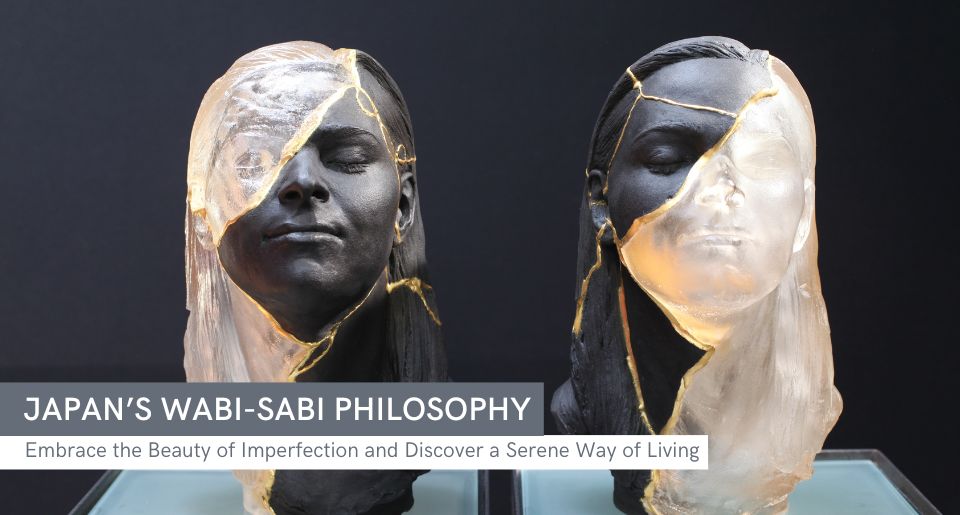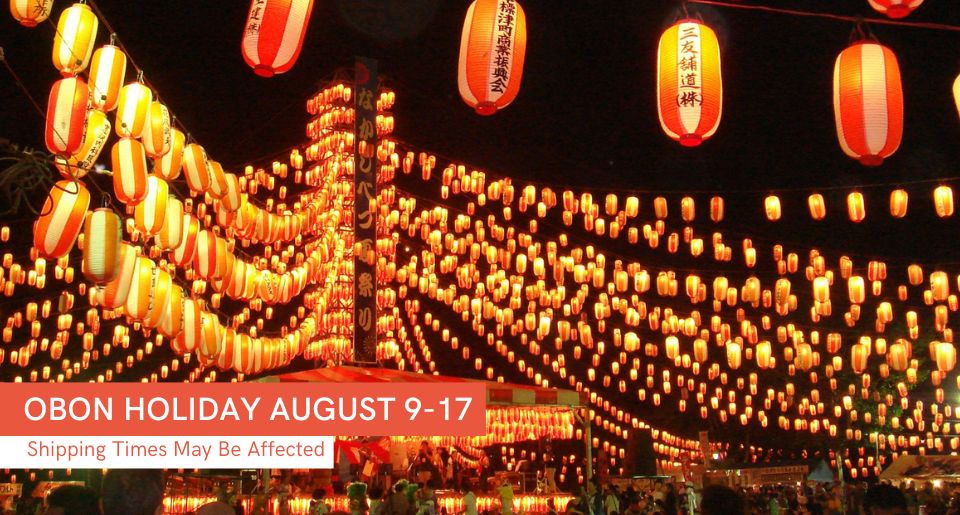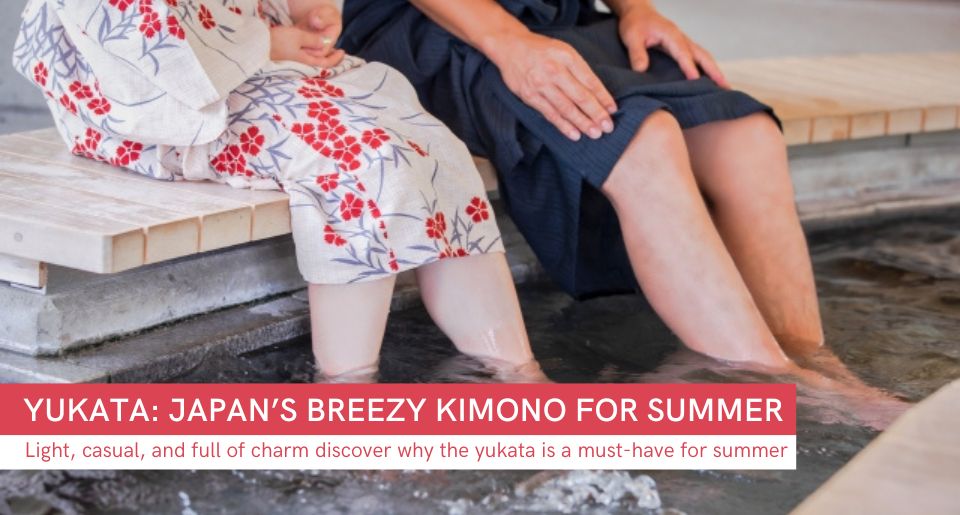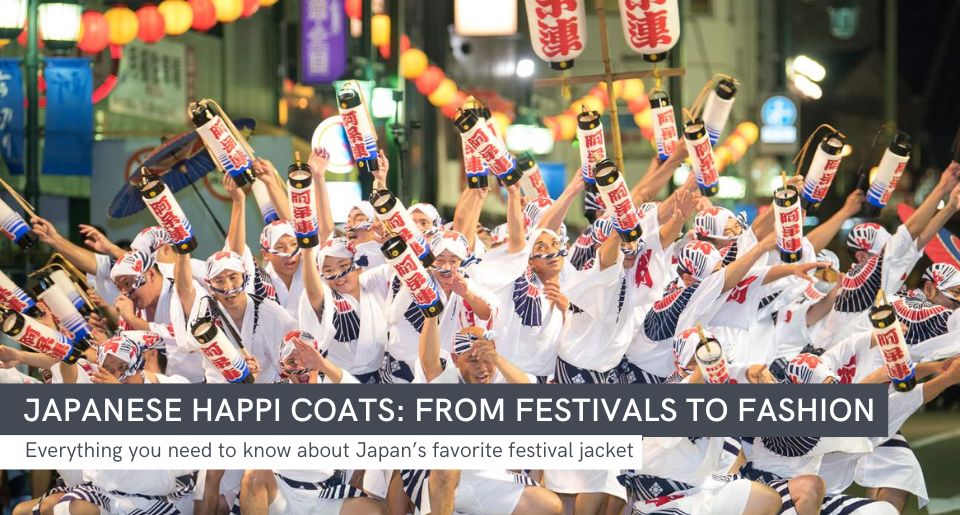Perfection Is Just Overrated…
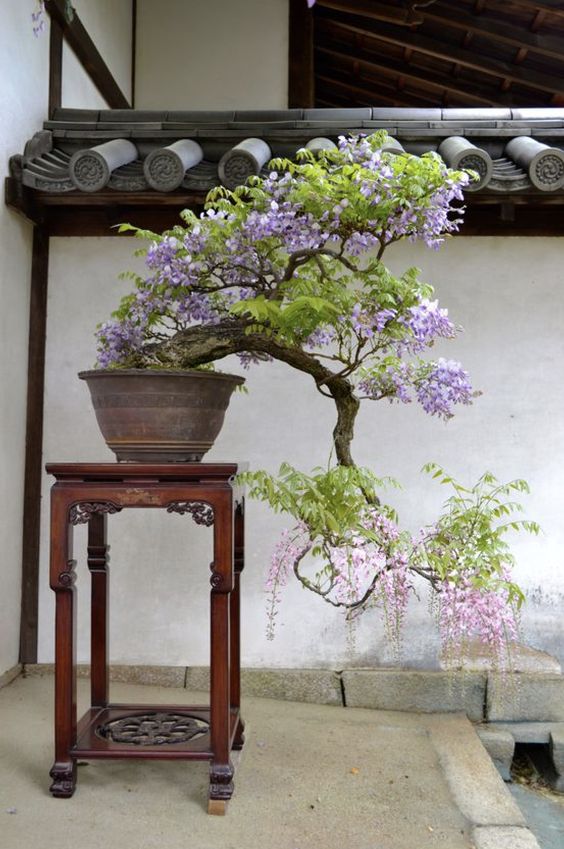
Image source: Pinterest
In the heart of traditional Japanese culture lies a concept that celebrates the beauty in imperfection: wabi-sabi. Rooted in Zen Buddhism, wabi-sabi is not just an aesthetic but a profound worldview that teaches us the grace of life's ephemeral nature.
Unlike the Western chase for flawless perfection, wabi-sabi teaches the value of appreciating the simple, understated elegance of things that are here today and gone tomorrow.
The Zen Shift in Japanese Tea Ceremonies
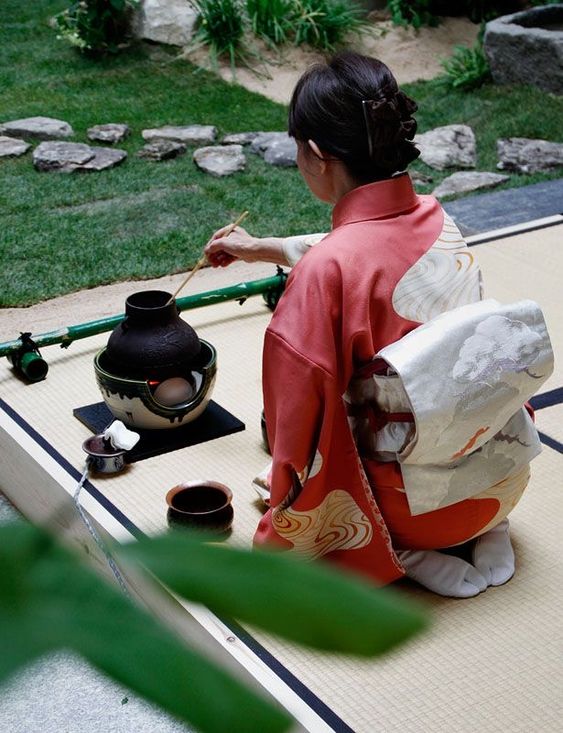
Image source: Pinterest
The roots of wabi-sabi stretch all the way back to the 15th century, deeply influencing the Japanese tea ceremonies of the time. Zen monks, like Murata Jukō, started using simple, rustic items during these ceremonies to shift the focus from material luxury to spiritual depth.
This marked the beginning of wabi-sabi's woven path into everyday Japanese life, touching everything from the creation of pottery to the crafting of poetry. Even today, this philosophy continues to inspire a serene, peaceful way of living, drawing more people into its quiet embrace of the genuine and unpretentious.
Rock, Gravel, and Serenity
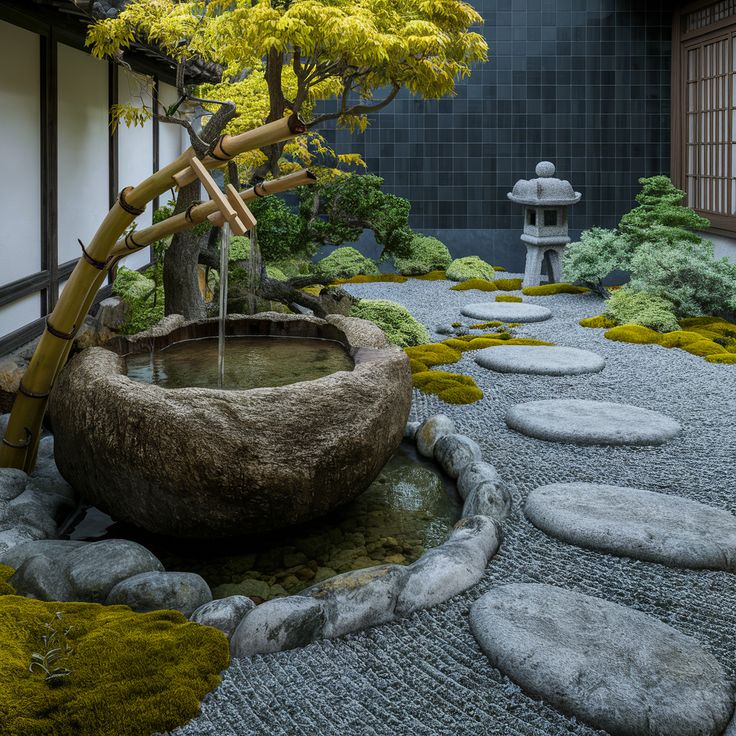
Image source: Pinterest
Zen gardens, such as the famous Ryōan-ji in Kyoto, embody the essence of wabi-sabi through their minimalistic and natural designs. These gardens use rocks, gravel, and sparse vegetation to symbolize the beauty of a subdued, serene landscape that invites contemplation and inner peace.
Each element is not just an artifact but a profound expression of wabi-sabi, inviting us to reflect on the transient yet timeless beauty of the world around us.
Celebrating Asymmetry
Japanese ceramics during the Azuchi-Momoyama period (1568–1600) embraced wabi-sabi by valuing bowls that were uneven, rough, and asymmetrical.
These traits were seen not as flaws but as markers of a potter’s interaction with natural materials and the unpredictable beauty of firing.
Transforming Flaws into Gold
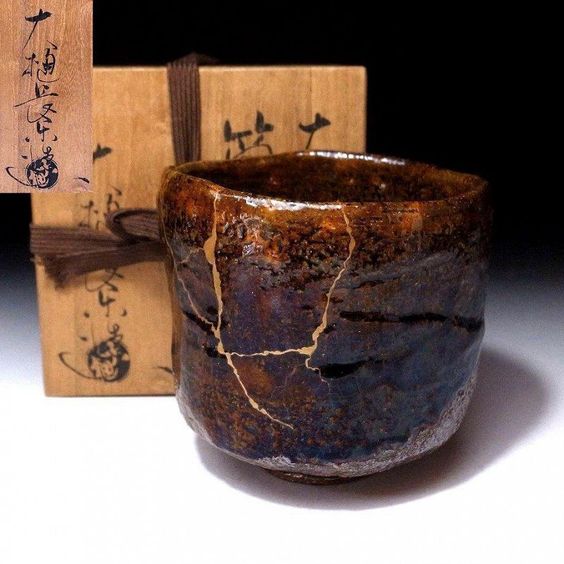
Image source: Pinterest
In Japan, several products embody the serene and subtle philosophy of wabi-sabi, celebrating the charm of imperfection and the passage of time. Among these are the rustic Raku tea bowls, each uniquely marked by the unpredictable flames of the kiln, and Kintsugi-repaired ceramics, where broken pieces are beautifully rejoined with gold, transforming flaws into symbols of resilience and renewal.
Tea making holds a special place in the hearts of many Japanese, closely tied to feelings of serenity from the very start of the ritual. Using traditional tea sets and matcha powder, each step—from the careful preparation to the final, soothing sip—is a whole vibe, creating a tranquil moment in the hustle and bustle of everyday life!
Few Words Can Show Deep Beauty
In poetry, particularly haiku, wabi-sabi surfaces through the subtle imagery and deep emotional resonance of simple compositions.
Poets like Basho mastered this art, capturing the transient beauty of nature in just a few words, encouraging readers to find depth in minimalism.
Wabi-Sabi in Modern Spaces
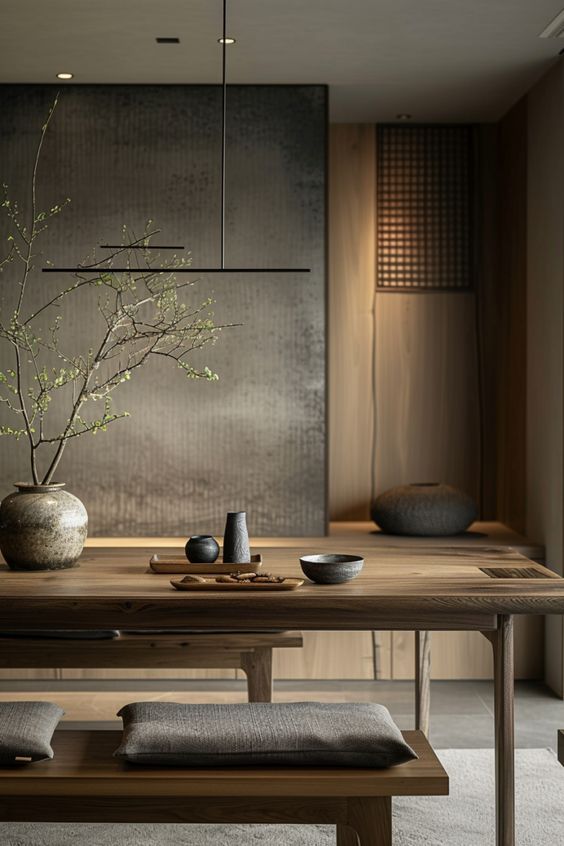
Image source: Pinterest
Wabi-sabi's reverence for the rustic and the aged has found its way into modern design and architecture in the West. It challenges the glossy, mass-produced aesthetics of contemporary culture, advocating for a more thoughtful approach that sees beauty in the worn and the weathered.
This philosophy resonates in movements that prioritize sustainability and authenticity, appealing to those who perhaps find deeper meaning in the imperfections that make life richer, more complex, and undeniably more interesting.
Imperfection Is the New Perfection!
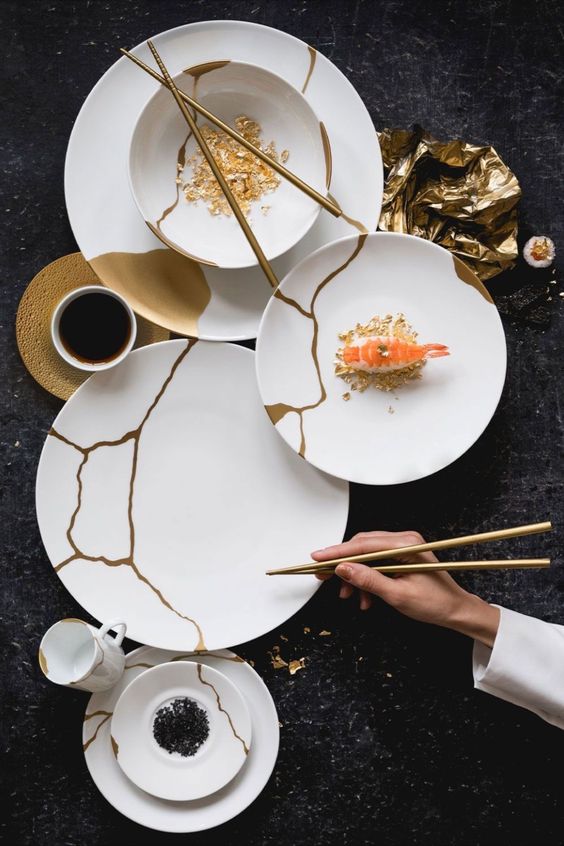
Image source: Pinterest
Adopting a wabi-sabi lifestyle means learning to appreciate the beauty in what's 'imperfect, impermanent, and incomplete.' It encourages us to slow down, honor aging, and cherish the quirks that make our lives uniquely our own—because who says you can’t find wisdom in a well-loved teacup?
Whether through mindfulness, eco-friendly living, or unleashing your creative side, wabi-sabi shows us how to embrace a life that’s both calmer and delightfully fulfilling. In other words, it’s an invitation to celebrate the perfectly imperfect, and honestly, it’s a bit of a game changer.
The Wabi-Sabi Way
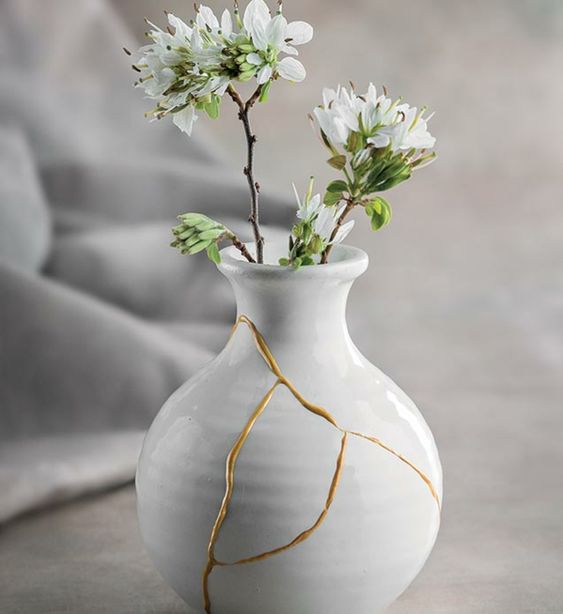
Image source: Pinterest
In our perfection-obsessed modern society, wabi-sabi offers a soothing balm—it teaches us to embrace aging not just as a natural process but as a journey toward deeper beauty and authenticity.
By appreciating the cracks, the creases, and the crumbles, wabi-sabi helps us connect more profoundly with the world around us and find joy in the everyday—because sometimes, the best moments are the ones that are beautifully flawed!
Embracing this spirit, ZenPlus serves as a bridge to these quintessentially Japanese values. From the comfort of your own sofa, you can explore a massive online marketplace that offers access to over 5 million products from more than 3,000 local Japanese retailers.
This is your opportunity to immerse yourself in a lifestyle that appreciates the imperfections—whether it's handcrafted ceramics, intricately woven textiles, or serene home decor, each item invites you to celebrate the simplicity and authenticity of Japanese culture!
ZenPlus offers a seamless shopping experience that upholds the high standards of service and quality Japan is renowned for, making it delightfully simple to integrate the joys of wabi-sabi into your everyday life.
Just fill your virtual cart with your favorite Japanese treasures and relax. With over a decade of expertise, ZenPlus's dedicated team will carefully prepare your order for a swift journey directly to your doorstep.
It's never been easier or quicker to bring a piece of Japan into your home!

